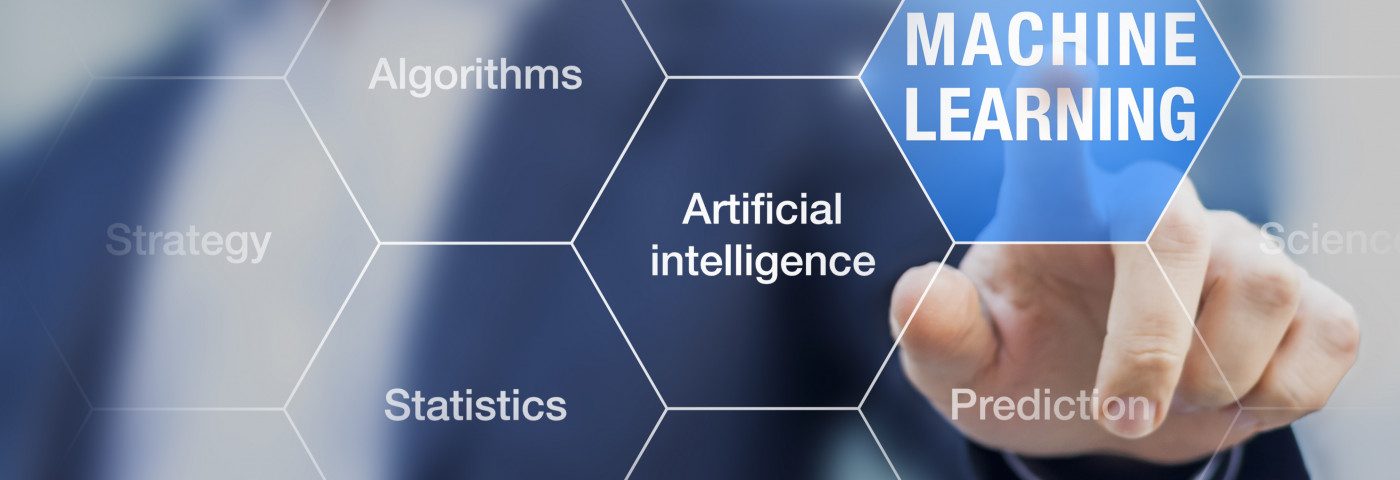Researchers in the United Kingdom are launching a project to study if artificial intelligence (AI) could improve the detection of breast cancer in mammograms.
If successful, AI-based screening is expected to lower the rates of cancers missed at clinical screenings and reduce the rates of false-positive cases.
“Ultimately, we want this kind of technology to benefit patients and it may be a number of years until this kind of approach is used,” Ara Darzi, MD, a professor and director of the Cancer Research UK Imperial Centre, said in a press release.
“But if these initial trials prove successful, AI could make screening services for cancer far more efficient and improve outcomes,” he said.
Mammography screening programs are a standard way to detect breast cancer in women. But current methods are not without flaw, and researchers said that thousands of cancers are missed each year.
Researchers at Imperial College London and the Cancer Research UK Imperial Centre, will work with experts on AI at DeepMind Health, the AI health research team at Google, and the Cancer-Research UK funded OPTIMAM mammography database at the Royal Surrey County Hospital NHS Foundation Trust to explore the issue.
“This partnership marks an exciting exploration of the potential for artificial intelligence in healthcare,” said Darzi.
Since AI, also called “machine learning,” can take into account thousands of variables in an analysis, researchers believe it may become better at interpreting mammogram scans than people.
To find out, technology from the technical partners will be used to analyze old mammogram scans from about 7,500 women. The scans are not linked to any patient-specific information and belong to a database of mammograms used for research purposes.
The team is hopeful that additional research partners will join the project in the next year
“Harnessing the power of artificial intelligence could enable us to address some of the biggest challenges in breast cancer research, including improving the accuracy of detection,” said Iain Foulkes, PhD, Cancer Research UK’s executive director of Research and Innovation.
“Too many cancers are detected at a late stage when they are more difficult to treat. This is why Cancer Research UK is building capacity, forging new partnerships, and supporting a community for early detection research so that more people might survive their disease,” Foulkes said.
“The use of machine learning in medical imaging is still in its infancy, but this exciting research approach could help boost our diagnostic capacity and potentially increase our diagnostic accuracy, as well as speed up the detection of early cancers, which would be of immense benefit to patients,” added Nicola Strickland, MD, president of the Royal College of Radiologists and consultant radiologist at the Imperial College Healthcare NHS Trust.

